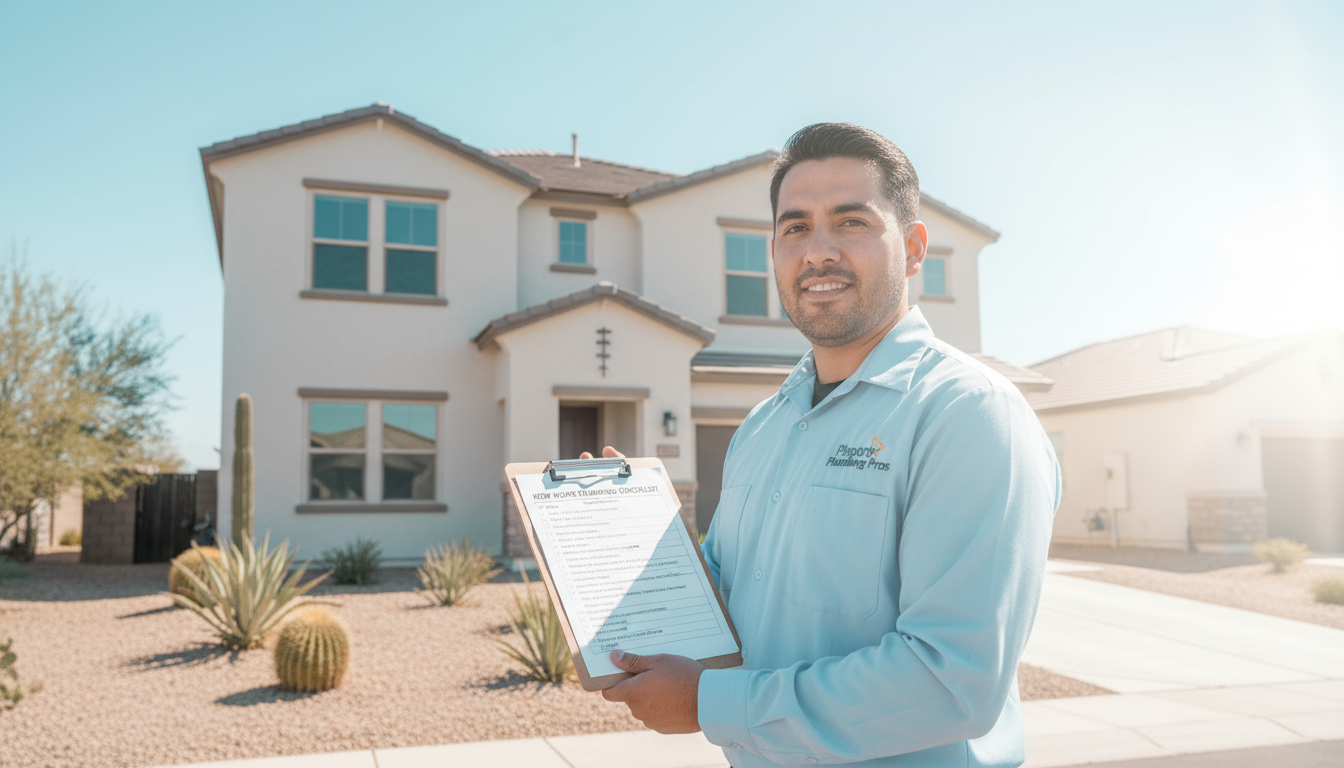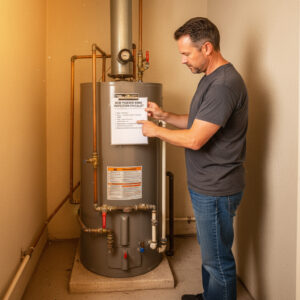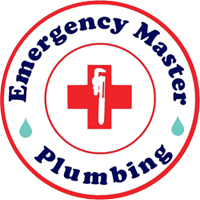

Moving into a new home in Phoenix brings excitement, but it also requires attention to essential systems like plumbing to avoid costly surprises. This comprehensive checklist helps new homeowners identify potential issues early, ensuring a smooth transition while addressing Phoenix’s unique climate challenges such as hard water and extreme heat.
Why a Plumbing Checklist Matters in Phoenix
Phoenix’s desert environment presents specific plumbing challenges that differ from other regions. High temperatures can accelerate wear on pipes, while mineral-rich water often leads to buildup in fixtures. New homeowners should prioritize a thorough inspection to prevent emergencies like leaks or clogs, which can escalate quickly in the dry heat. By following this checklist, you gain peace of mind and potentially save thousands in repairs. Experts recommend starting with a professional assessment, but many steps can be handled initially by observant homeowners. This guide draws from years of experience serving Phoenix residents, emphasizing proactive maintenance to solve common problems before they worsen.

Understanding your home’s plumbing layout is the first step. Locate the main water shut-off valve, usually near the water meter or where the main line enters the house. In Phoenix, homes built after 2000 often have these valves indoors for easier access. Test the valve to ensure it turns off smoothly; if it sticks, it might indicate corrosion from mineral deposits. Next, identify your sewer cleanout, typically a capped pipe outside near the foundation. Knowing these locations empowers you to act quickly during issues like bursts. For problem-solving, if you notice low water pressure, it could stem from clogged aerators due to hard water—unscrew and clean them with vinegar to restore flow without professional help initially.
Inspecting Your Water Heater
Water heaters in Phoenix work overtime due to the region’s hot climate and hard water, making them prone to sediment buildup and inefficiency. Begin by checking the unit’s age; most last 8-12 years, and older models may need replacement to avoid failures. Look for signs of rust or leaks around the base, which could indicate internal corrosion. In Phoenix, where water hardness averages 15-20 grains per gallon, installing a water softener can extend your heater’s life by reducing mineral accumulation.
To solve efficiency problems, flush the tank annually. Turn off the power or gas, connect a hose to the drain valve, and empty the tank into a safe area. This removes sediment that reduces heating capacity and increases energy bills. If you hear popping noises, that’s sediment boiling— a clear signal for flushing. For gas models, ensure the pilot light is steady; flickering might mean thermocouple issues, common in dusty Phoenix environments. Homeowners facing hard water should consider anode rod inspections; these sacrificial rods corrode instead of the tank, and replacing them every few years prevents major damage. If your water smells like rotten eggs, it could be bacterial growth—flush with hydrogen peroxide as a DIY fix, but consult experts for persistent odors.
Energy efficiency is crucial in Phoenix’s scorching summers. Insulate exposed hot water pipes to minimize heat loss, potentially cutting your utility bills by 10%. If upgrading, opt for tankless models, which are ideal for the area’s variable water usage and can handle the mineral content better with proper maintenance. Always check the temperature setting—120°F is safe and efficient, reducing scald risks while saving energy. By addressing these elements, new homeowners can avoid the common pitfall of unexpected breakdowns, ensuring reliable hot water year-round.
Checking for Leaks and Pipe Integrity
Leaks are a top concern for Phoenix homeowners, as even small drips can waste hundreds of gallons in the arid climate and lead to mold in hidden areas. Start with a visual inspection of all visible pipes under sinks, in basements, and around appliances. Look for damp spots, discoloration, or bulging, which signal weaknesses. In older Phoenix homes, copper pipes may corrode from alkaline water, while PVC is more resistant but can crack in extreme heat.
To detect hidden leaks, monitor your water meter. Turn off all faucets and appliances, note the reading, and check again after two hours—if it changes, there’s a leak. Common culprits include toilet flappers; add food coloring to the tank and wait—if color appears in the bowl, replace the flapper for an easy fix. For outdoor lines, inspect irrigation systems, as leaks here contribute to high water bills in Phoenix’s dry conditions. Solving these involves tightening connections or using pipe tape, but persistent issues may require repiping.
Phoenix’s freeze-thaw cycles, though rare, can burst pipes—insulate exposed ones in garages. If you spot green stains on copper pipes, it’s oxidation from water chemistry; address it by balancing pH levels with a neutralizer. Regular checks prevent escalation, and for slab foundation homes common in Phoenix, listen for running water sounds under floors, indicating slab leaks that demand immediate professional attention to avoid foundation damage.
Understanding Water Quality and Filtration
Phoenix water, sourced from the Colorado River, is notoriously hard, leading to scale buildup that clogs fixtures and reduces appliance lifespan. Test your water quality using at-home kits for hardness, pH, and contaminants like arsenic, which can exceed safe levels in some areas. High hardness causes soap scum and spotting on dishes—install a whole-house softener to mitigate this, improving skin health and laundry efficiency.
For drinking water, reverse osmosis systems are popular in Phoenix for removing minerals and impurities. If you notice cloudy water, it might be air bubbles from pressure changes—run faucets to clear it. Solving taste issues involves carbon filters, which eliminate chlorine odors without wasting water. New homeowners should flush all lines upon moving in to remove stagnant water, preventing bacterial growth in unused pipes.
In eco-conscious Phoenix, consider low-flow fixtures to conserve water amid frequent droughts. These solve high usage problems while qualifying for rebates from local utilities. If your home has lead pipes—rare but possible in pre-1986 builds—test for lead and replace sections as needed. Educating yourself on these aspects ensures long-term health and system durability.
Maintaining Sewers and Drains
Clogged drains plague Phoenix homes due to grease buildup and low water flow. Use enzyme cleaners monthly to break down organics without harsh chemicals. Avoid pouring oil down drains; instead, collect it for recycling. For bathrooms, hair catchers prevent blockages, solving a frequent issue in multi-person households.
Inspect your sewer line via cleanout access; if you smell sewage, it could be a vent pipe clog from bird nests, common in the desert. Hydro-jetting clears stubborn blockages effectively. In Phoenix, tree roots invade sewer lines seeking moisture—schedule camera inspections every few years to catch invasions early.
For garbage disposals, run cold water while grinding to solidify fats, preventing clogs. If slow drains persist, a plunger or snake can provide quick relief, but recurring problems signal deeper issues like misaligned pipes.
Outdoor Plumbing and Irrigation Tips
Phoenix’s outdoor plumbing faces sun exposure and dust, accelerating wear. Check hose bibs for leaks and install anti-siphon valves to prevent backflow. Irrigation systems should be winterized, even in mild climates, by draining lines to avoid freezes.
Drip systems are ideal for water conservation, solving overwatering issues in xeriscaped yards. Inspect for emitter clogs from mineral deposits and clean with vinegar soaks. Pool plumbing requires pH balancing to prevent etching—test weekly during summer.
Emergency Preparedness and When to Call Pros
Prepare a kit with wrenches, plungers, and shut-off keys. Know signs of emergencies like sudden pressure drops or flooding. For complex issues, professional help is essential.
In conclusion, this checklist equips new homeowners to tackle Phoenix’s plumbing challenges effectively. For expert assistance, contact Emergency Master Plumbing & Air at 623-584-4706—we provide reliable services tailored to the local area.
